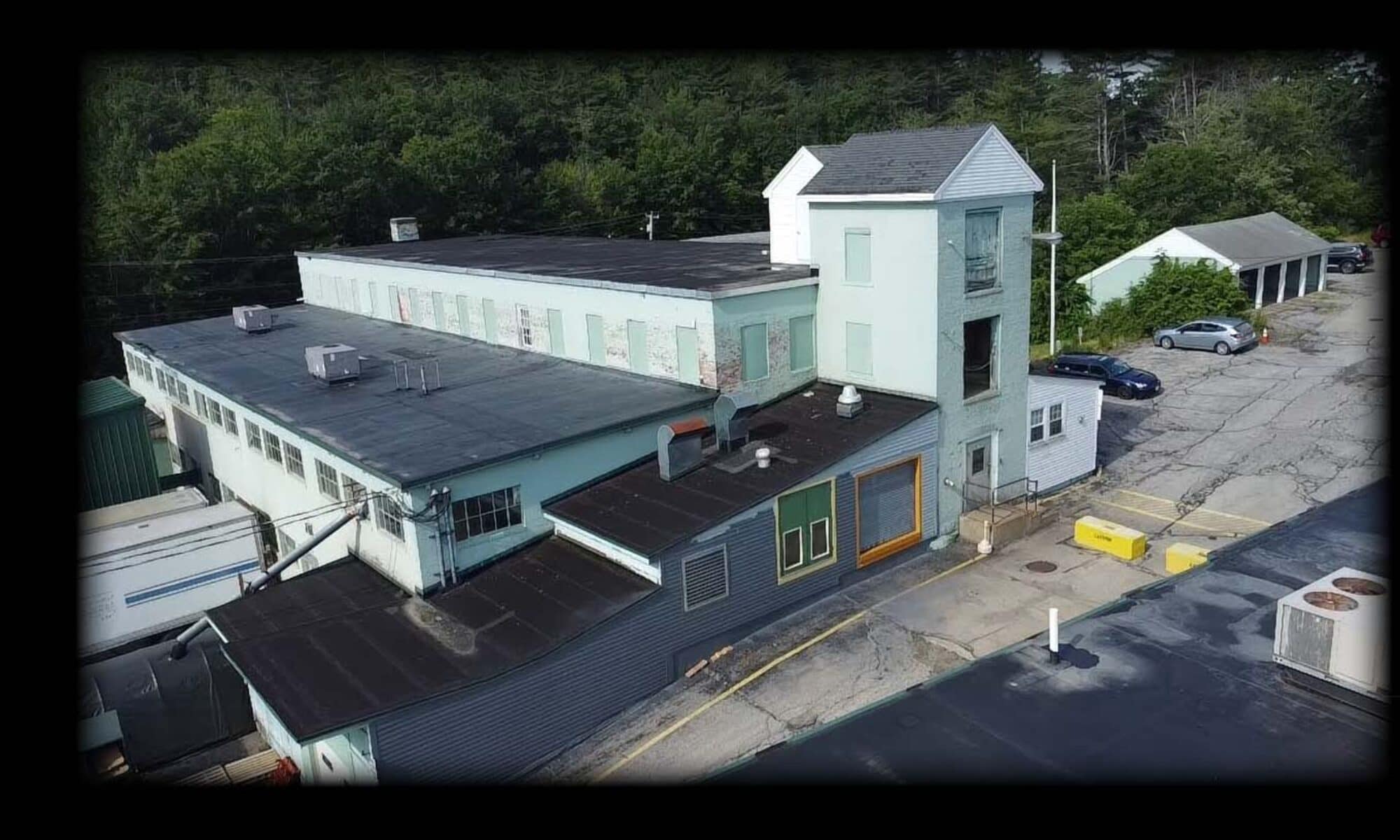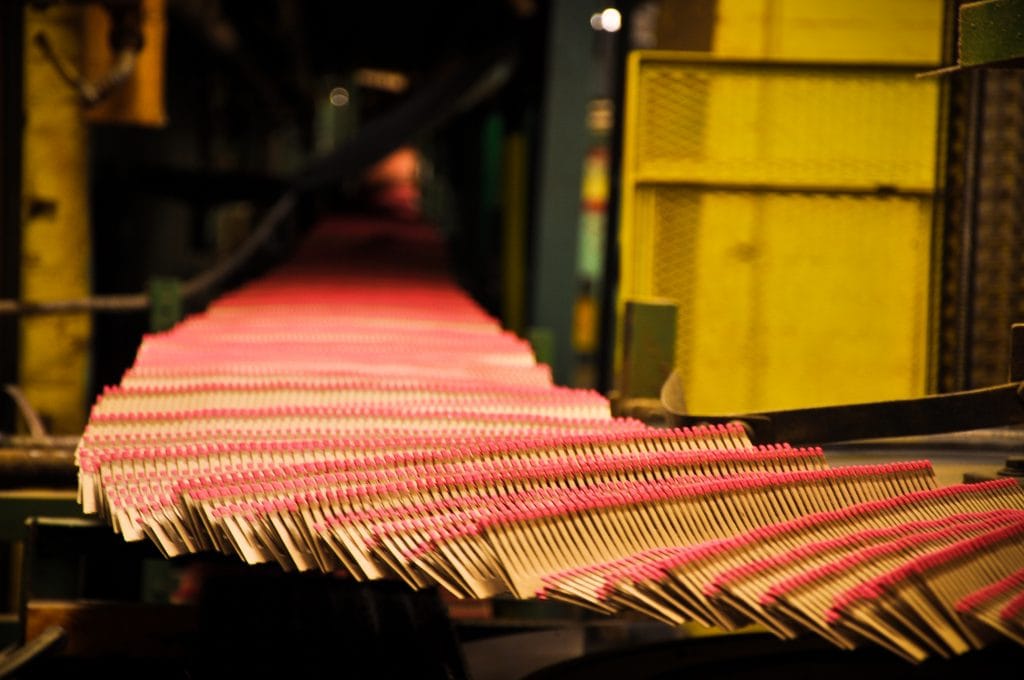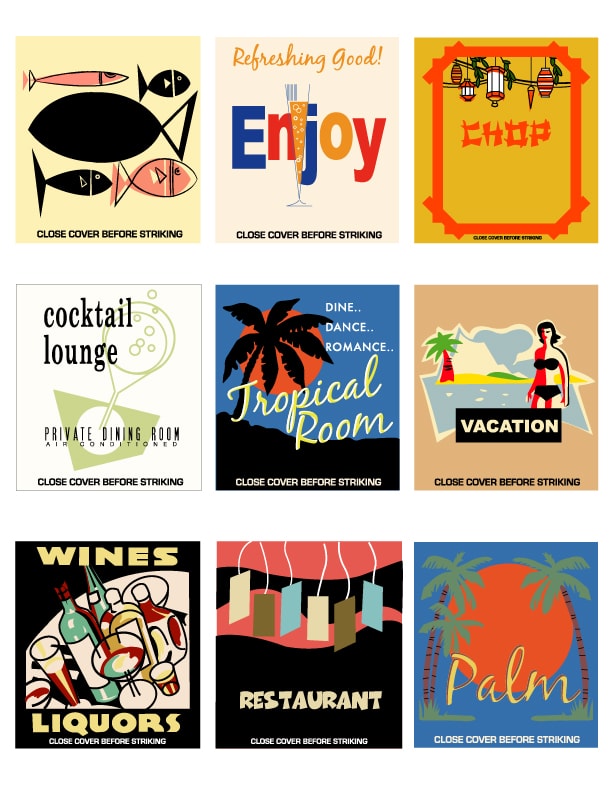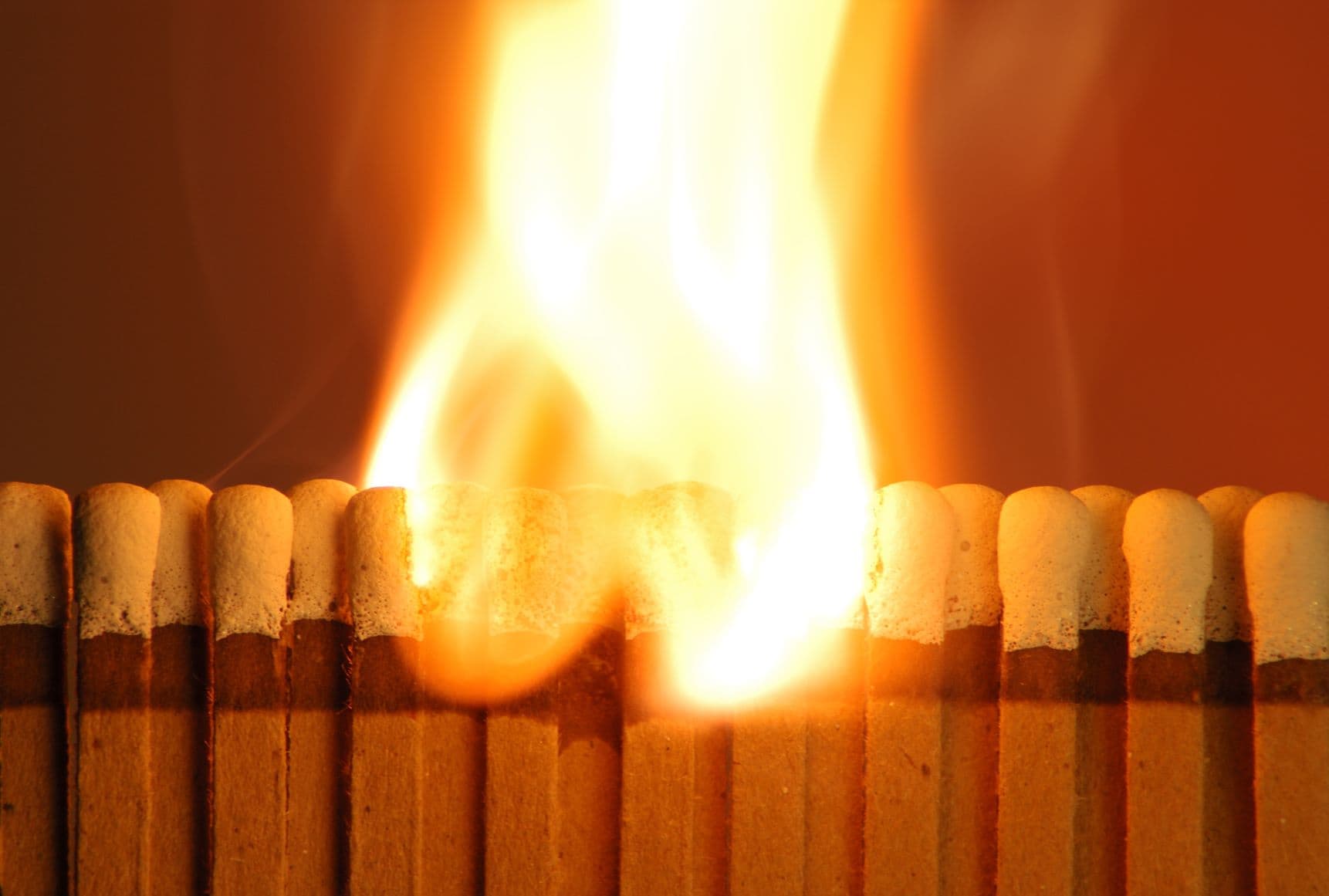You can’t survive in the match industry without having deeply held values. Not only do we have a long-standing commitment to the industry and matches as the last American producer, but we have 6-core values we live by:
- Communication
- Innovation
- Adaptability
- Teamwork
- Dependability
- Positivity
It is no accident that the same core values that have helped us overcome the challenges of the last 20-years are the values that have sustained us during the coronavirus crisis. By conducting ourselves daily -D.D. Bean and Atlas Match – in accordance with our core-values have nurtured habits and practices that have allowed us to carry on in the face of adversity. Nobody saw the pandemic coming. We are grateful that we had some skills to help us cope.
Adaptability
As the coronavirus unfolded, we adapted. It meant a lot of changes. And fast. But we are open minded and agile. We adapted to the circumstances as best we could. We are still adapting. We are so proud of how willing and able our employees have been to the adaptations.
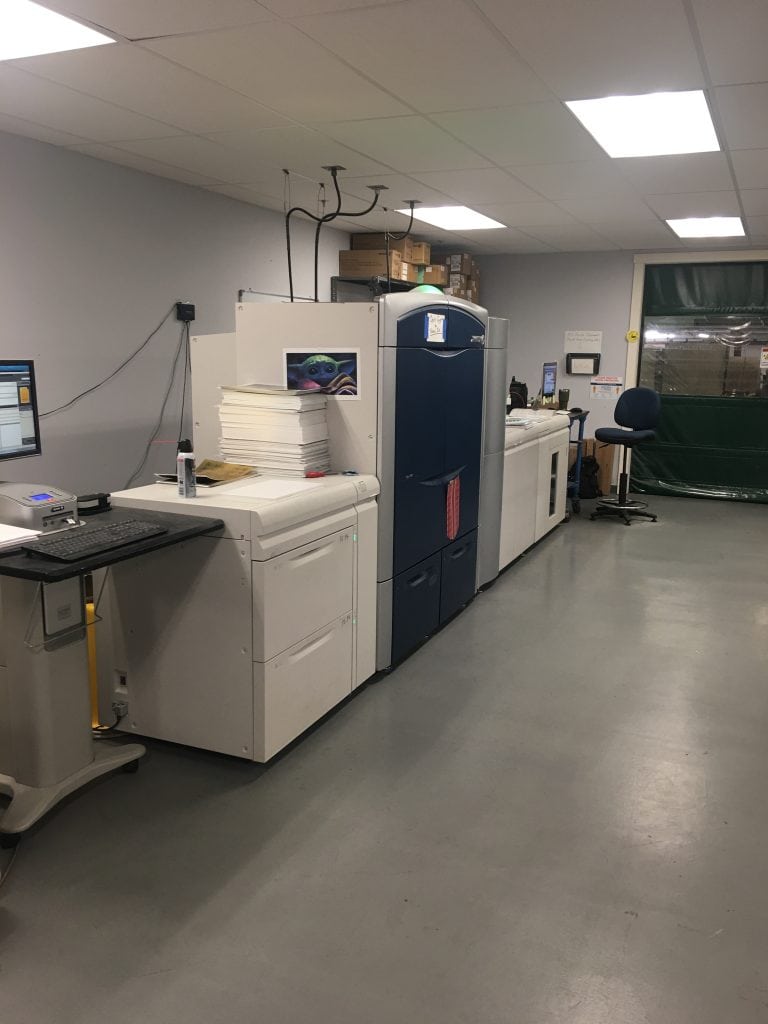
Digital printing of matches 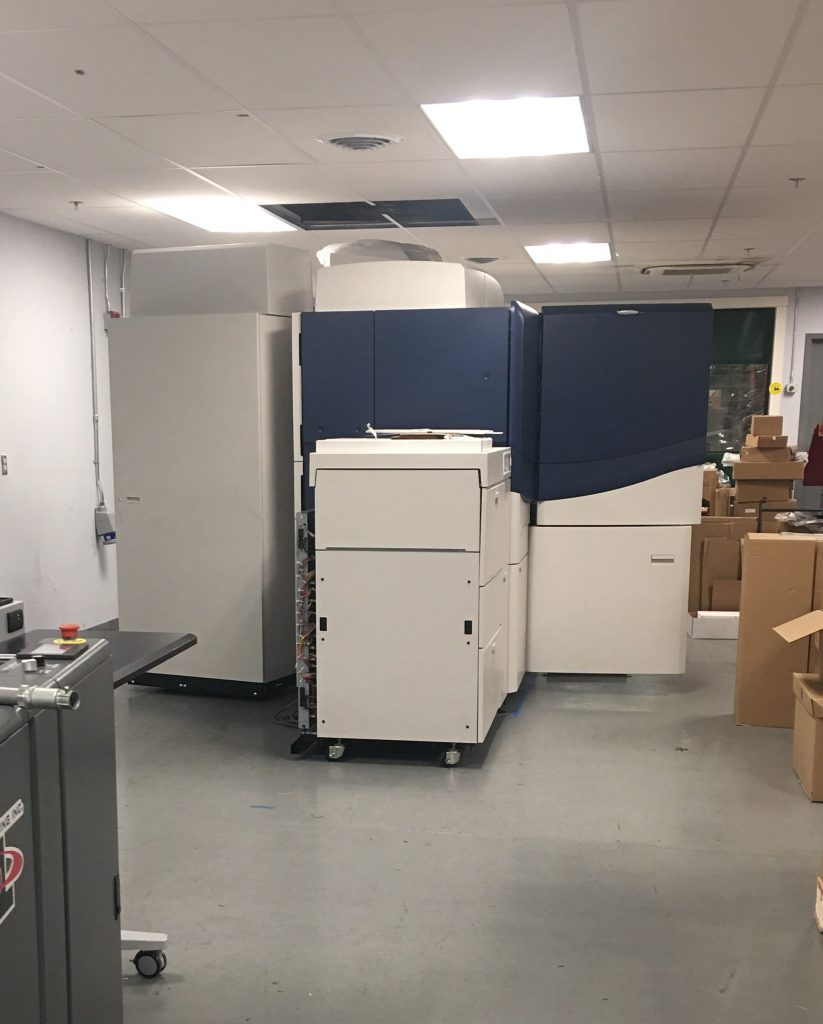
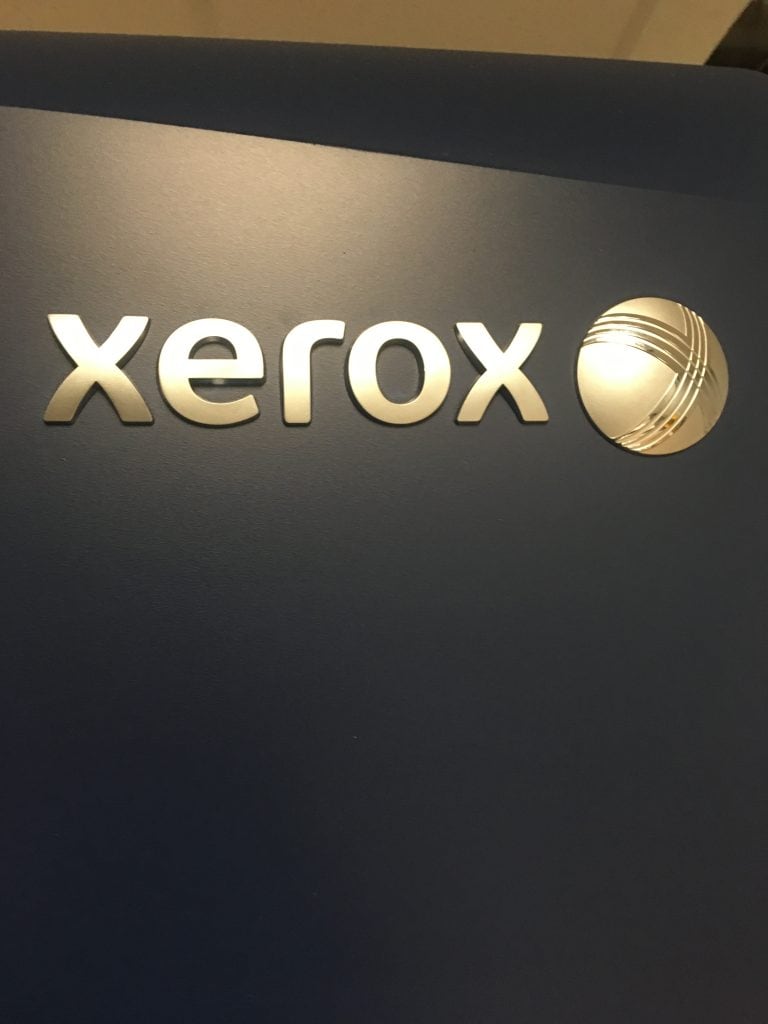
Xerox Logo
Innovation
Match making is an old art. And much of our equipment is old. In fact, we still use a tray former that dates back to the last century! But we have innovated where it counts. The company, its leaders, mechanics, and operators live by a continuous improvement mindset. The curiosity endemic to our work force delivers innovative solutions time and time again. We may be an old American industry, but we are never stagnant.
Today, we are deploying a new digital transformation strategy to help us be a better supplier to the matchbook, box match, and coaster market. We are partnering with Xerox and XMPie in a novel way to provide faster, consistent, high quality match and beer coaster products to America. We want to make sure anyone that needs a match, can get a match. On their terms. Designed and ordered by them, on their schedule. Not on our terms. We want to meet the market where it is. Ordering matches online.
